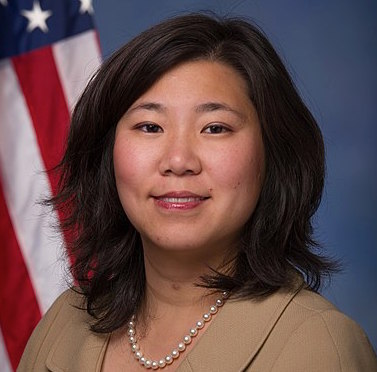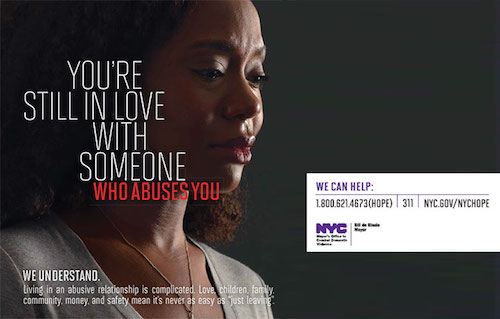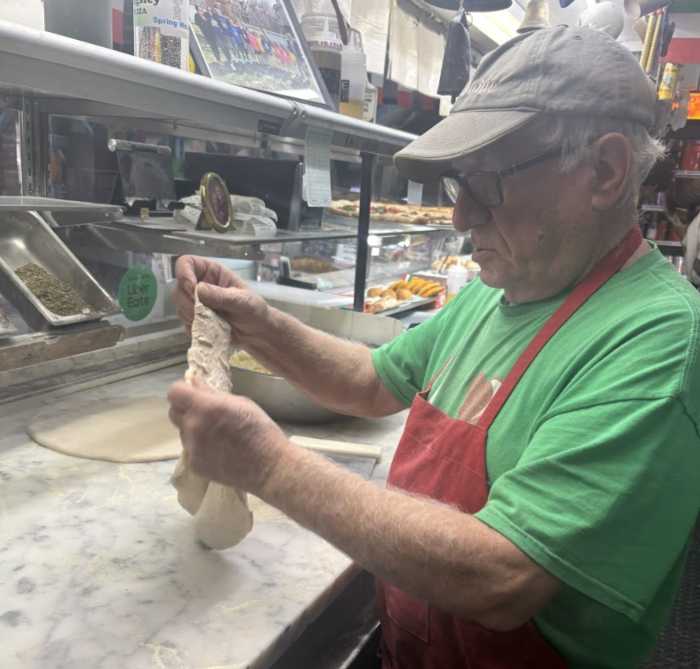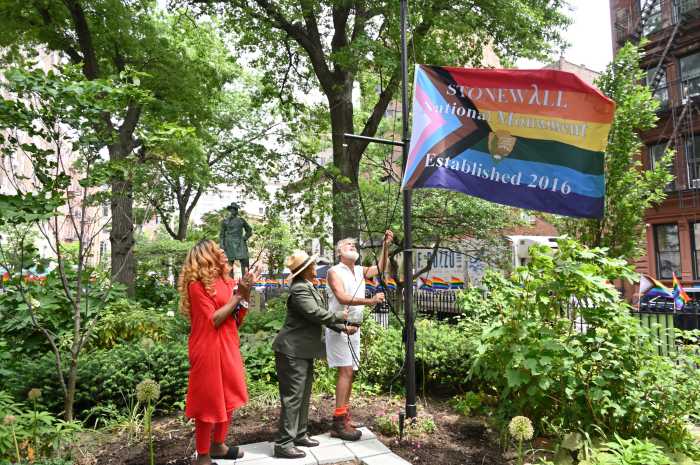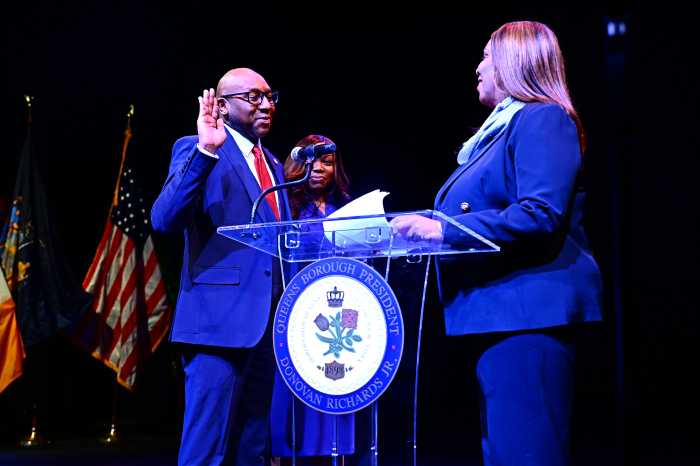The U.S. Department of Homeland Security announced on Monday a final ruling for immigrants with green cards or visas that they risk losing their legal status to remain in America if they use any public benefits.
“Throughout our history, self-sufficiency has been a core tenet of the American dream. Self-reliance, industriousness, and perseverance laid the foundation of our nation and have defined generations of hardworking immigrants seeking opportunity in the United States ever since,” said USCIS Acting Director Ken Cuccinelli. “Through the enforcement of the public charge inadmissibility law, we will promote these long-standing ideals and immigrant success.”
The public charge ruling, which forces new immigrants to choose between getting subsidies for housing or food or to jeopardize their chances of becoming naturalized citizens has been one of President Donald Trump’s well-established pact with his base of supporters to curtail legal immigration in the United States since being elected to office.
“President Trump has delivered on his promise to the American people to enforce long-standing immigration law by defining the public charge inadmissibility ground that has been on the books for years,” said Cuccinelli.
Officials in Queens and L.I. see the act as another assault on immigrants from the Trump administration.
“President Trump’s public charge rule is another ruthless and callous attack on immigrant communities. This cruel and un-American plan penalizes those who are in the U.S. legally. It will have dire consequences for hundreds of thousands of legal immigrants, mostly children and families who require critical safety net programs for health care, food and other basic and daily necessities.
Just recently, we witnessed immigrants being targeted and gunned down, and President Trump’s raids separating children from their parents. Now, the President wants to weaponize basic human services to continue his assault against immigrants,” said U.S. Rep. Grace Meng (D-Flushing).
There was further backlash on Tuesday after Cuccinelli made comments about the poem on the base of the Statue of Liberty on Ellis Island and reworked it to be less welcoming to immigrants, and instead to comprise of the new public charge ruling.
“Give me your tired and your poor who can stand on their own two feet and who will not become a public charge,” said Cuccinelli on Aug. 12 during an interview on NPR’s Morning Edition program.
Assemblywoman Michaelle Solages (D-Valley Stream) did not find the revision to be a laughing matter.
“President Trump and his administration have condemned entire populations of people based on their religion and nationality. They have created havoc in our immigration system by promoting increasingly difficult limitations on naturalization, and enforcing the separation of families on the U.S. Southern Border,” stated Solages. “This administration is continuously insulting the values and principles of the United States, and this is just the latest example.”
Applicants facing inadmissibility include green card holders, visa holders and other nonimmigrant aliens who were designated more than 12 months of public benefits within a 36-month period in the country, according to USCIS.
Immigrants that have used cash benefits for income maintenance, Supplemental Security Income, Temporary Assistance to Needy Families, the Supplemental Nutritional Assistance Program, housing and most forms of Medicaid are the ones at risk of losing their legal status, according to USCIS.
The ruling does not apply to humanitarian-based immigration programs for refugees, asylees, Special Immigrant Juveniles (SIJs), certain trafficking victims (T nonimmigrants), victims of qualifying criminal activity (U nonimmigrants), or victims of domestic violence (VAWA self-petitioners), according to USCIS. Military personnel and their families, international adoptees, students in need of Medicaid, immigrants younger than 21 pregnant women and those needing emergency medical care may also be exempted.
However, in limited circumstances, those considered inadmissible might be able to remain in the U.S. if they pay a minimum $8,100 bond, according to USCIS.
“Hard-working immigrants enrich our communities and contribute to our economy and nation. We cannot allow them to be kicked to the curb by this President,” said Meng.


